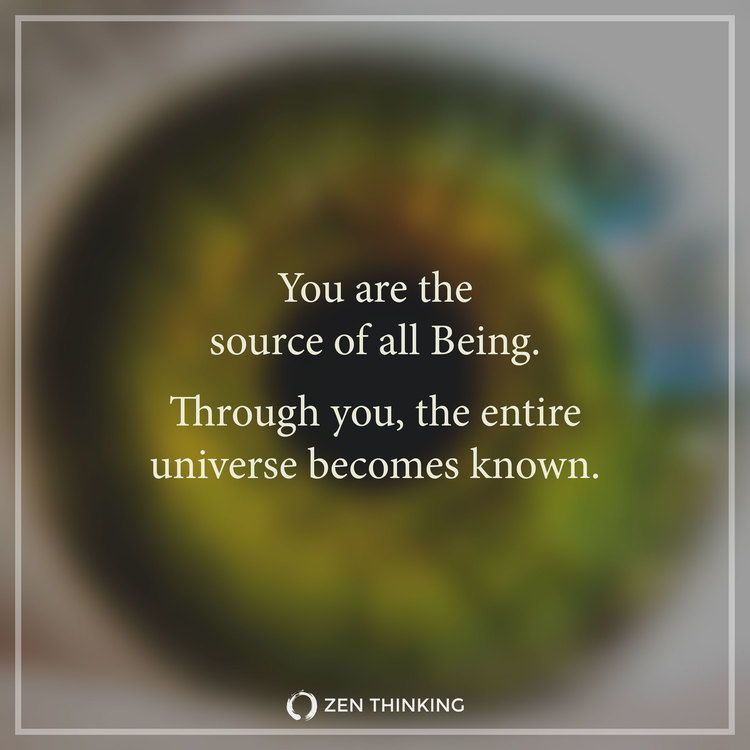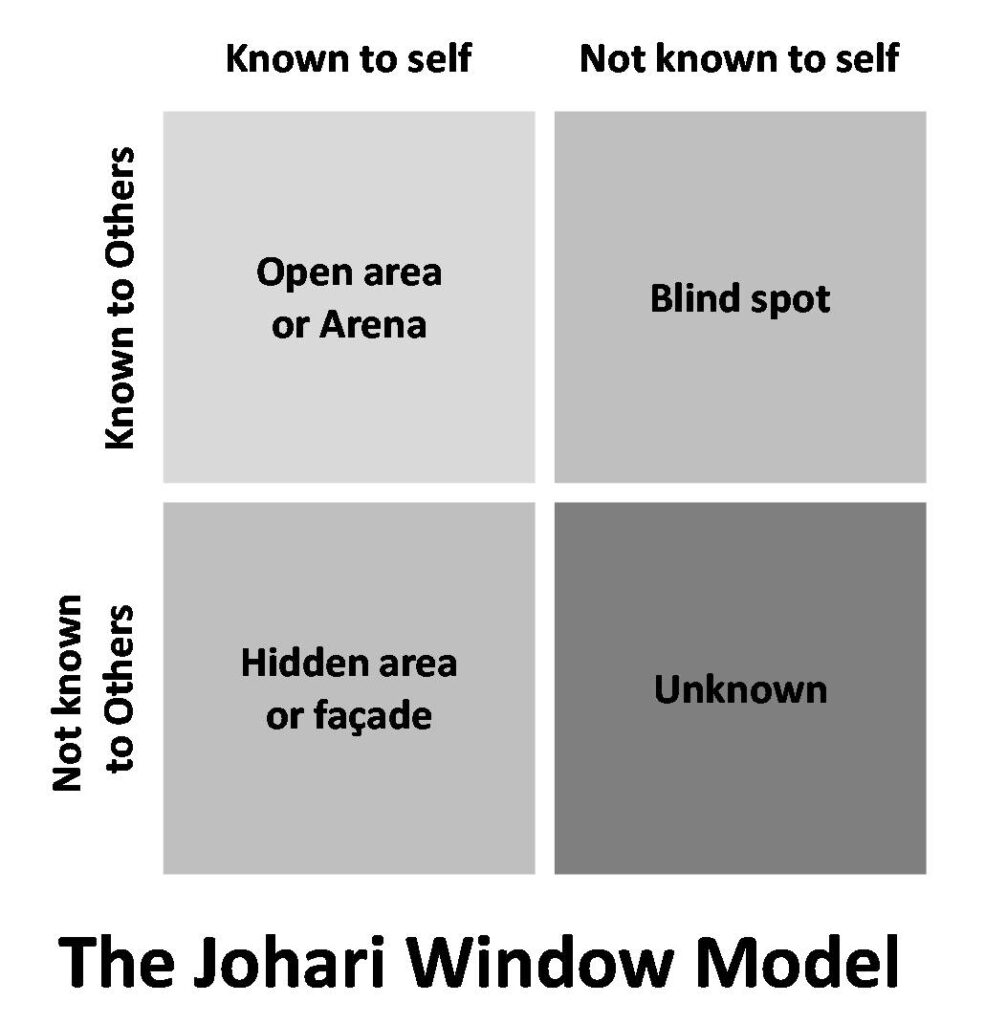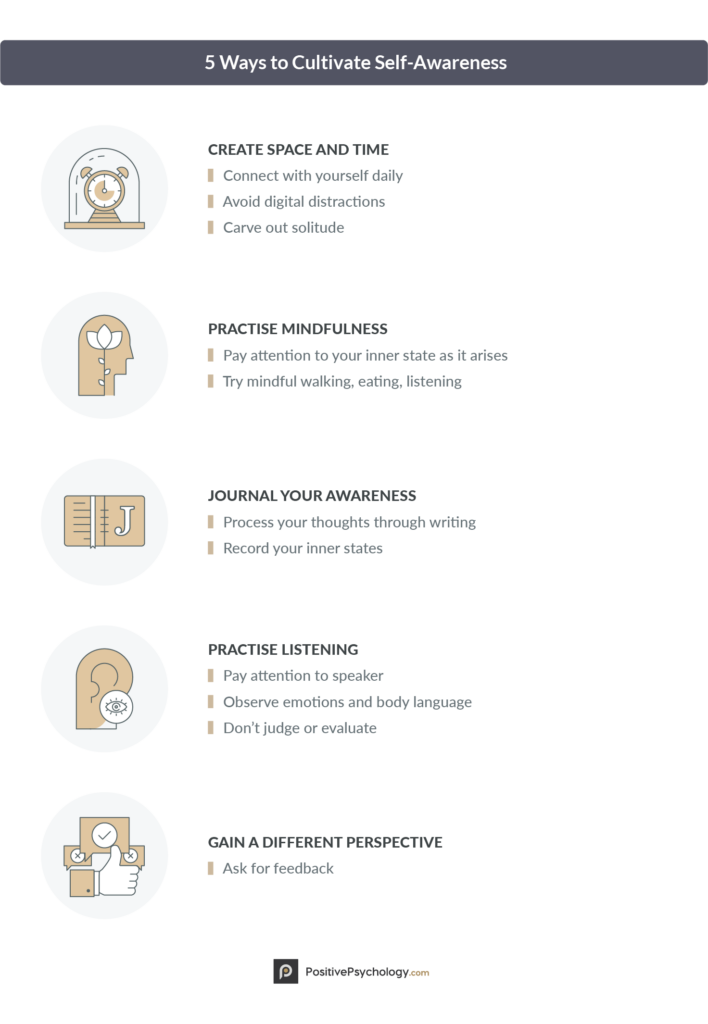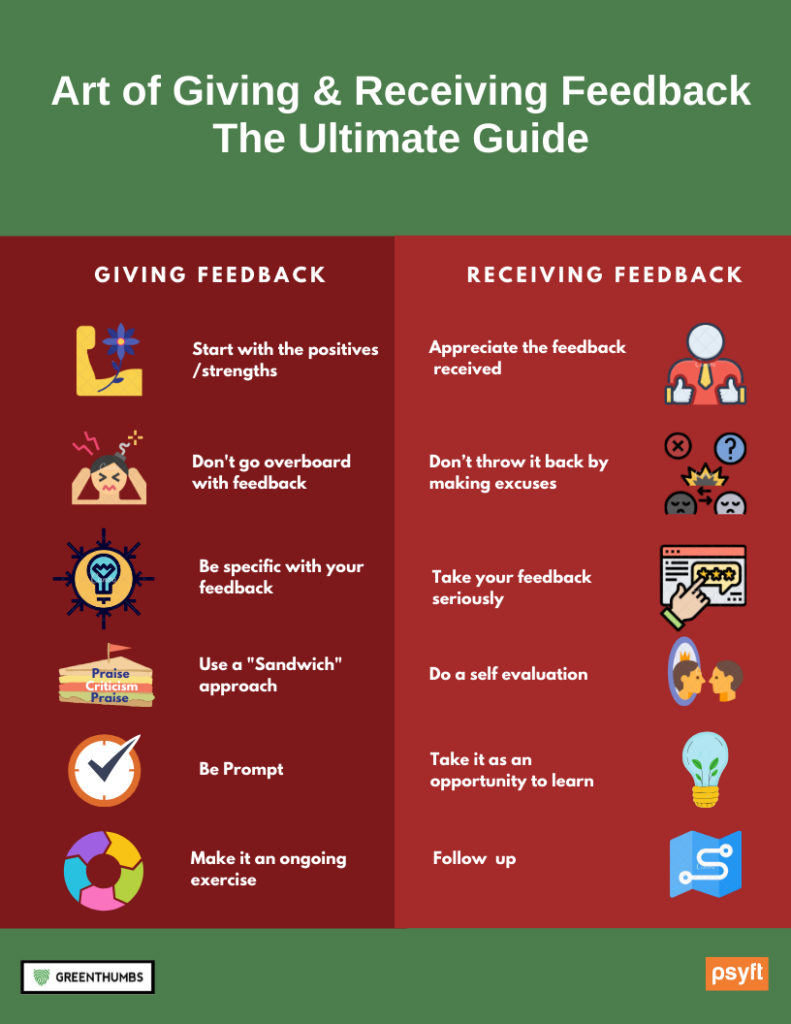
The one & only thing we can control in life is ourselves; so from that perspective when it comes to cultivating healthy & mutually satisfying personal & professional relationships it benefits us & our relationships to be mindful of our personal blind spots.
A blind spot is a range of view that is blocked, and in terms of relationship quality discovering those viewpoints & understanding what you can take responsibility for can having lasting positive impact. There are four panels of awareness involving self & others (known as the Johari Window) that influence perception. A blind spot in perception occurs when something is known to others but unknown to self – i.e. when a person fails to recognize the impact of their personal behavior on the relationship in a negative way.

We can reduce our personal blind spots by being self-aware, open to feedback from others & by taking personal responsibility for our thoughts, feelings & behaviors. Here are a few tips for cultivating self-awareness by @positivepsychology.com:

Trust in the relationship plays a major factor regarding openness to feedback. Here are some tips from psyfit.com for how to both give & receive feedback mindfully & openly:

psyfit.com – Giving & Receiving Feedback
We can only control ourselves in life & if we want to be healthy & happy we must take personal responsibility. Our satisfaction in life is up to us as individuals & no one else. What others do, say, think, feel has nothing to do with us. We make a choice each & every day what thoughts, feelings & behaviors we are going to lead our lives with. It is not what happens to us in life it is how we respond or react to things is what shapes the quality of our life.
A February 2020 Huffington Post article ‘Conquering Emotional Blind Spots is Challenging But Worth It’ provides examples of emotional blind spots & solutions for what we can do to break through those personal barriers:
“Emotional blind spots cause life obstacles that aren’t visible to us, but are obvious to others. Maybe you never apologize authentically because accepting blame makes you feel bad. Or you could be a habitual people-pleaser, to the detriment of your stress levels. This hard-wired obliviousness is often due to our cognitive biases. Our brains are constantly filtering endless amounts of information, making them prone to decision-making shortcuts that are based on memories and emotions rather than rational thinking.”
Trying to be less avoidant? Send a difficult message in person instead of saying it via text.
Want to be less self-critical? Say three compliments every time you have a negative thought about yourself.
Quick to anger in an argument? Before replying, slow down your breathing and consider the other person’s perspective.
Trying to listen more? Pay attention to how much others speak and ask questions about what they bring up.
In health & happiness!
Counselor Lori
